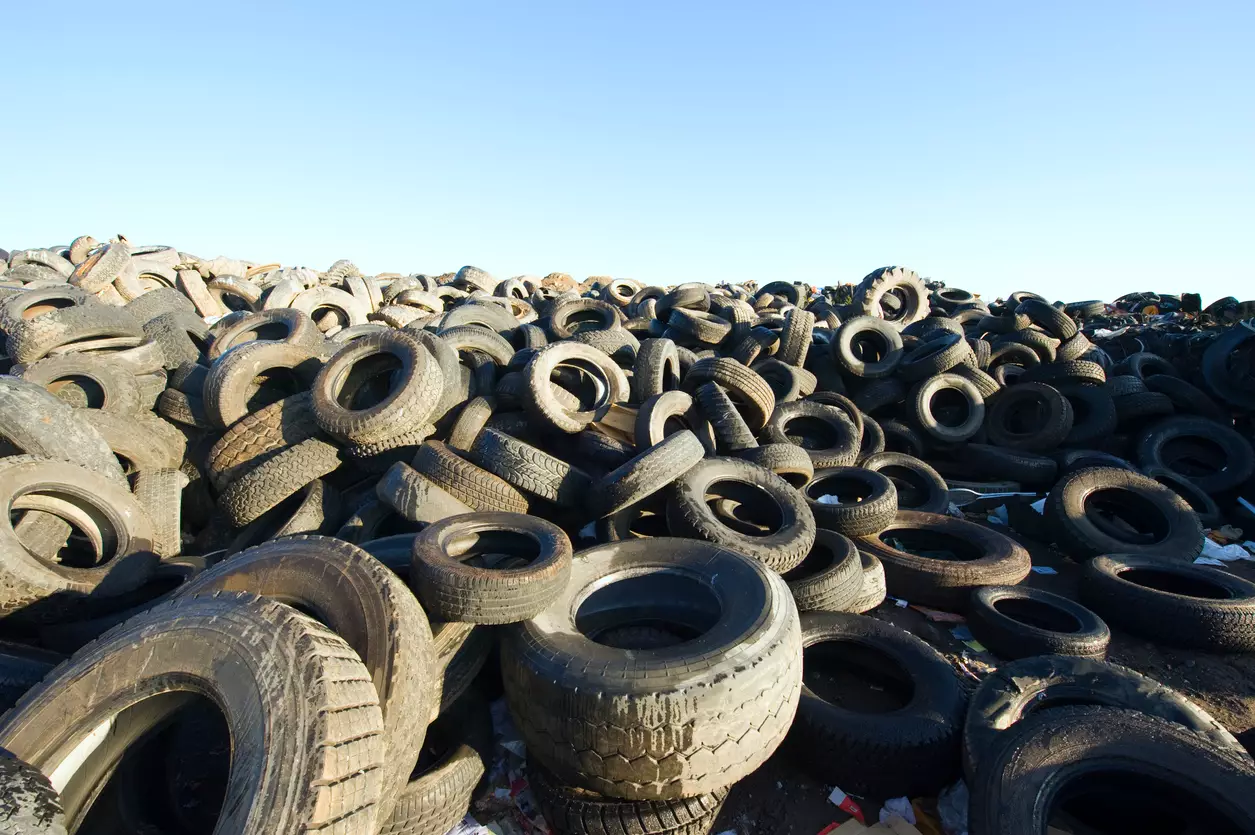Many companies rely on a fleet of vehicles to conduct business, from trucking and delivery services to livery and limousine providers. But no matter what type of industry you’re involved in, if your company uses two or more vehicles to get the job done, you’ll want to consider purchasing fleet insurance, a specialized product for businesses managing multiple vehicles.
Insuring company assets, particularly any vehicles used in your operation, is an important part of doing business because it protects your business from financial liabilities. A company that chooses to insure a fleet of vehicles under one policy rather than insure each vehicle individually can potentially save money in the long run.
What Is Fleet Insurance?
Fleet insurance is a single policy covering multiple vehicles owned or operated by the same business. Its purpose is to simplify the management of your motor vehicle fleet by combining insurance coverage into one policy, thus reducing administrative tasks, potentially saving money, and ensuring consistent coverage for the company’s entire fleet of vehicles.
Commercial motor fleet insurance can cover a variety of vehicles, including:
- Cars: Including coupes, sedans, hatchbacks, and SUVs.
- Trucks: This includes dump trucks, box trucks, light-duty trucks, and heavy-duty trucks, such as semi-trucks and 18-wheelers.
- Vans: Including delivery vans, cargo vans, and passenger vans.
- Buses: This includes school buses, charter buses, and transit buses.
- Trailers: Including flatbeds, goosenecks, and enclosed trailers.
- Construction Equipment: A fleet insurance policy may cover bulldozers, excavators, and backhoes.
As a result, insurance for fleet vehicles can benefit nearly every type of business that relies on more than one vehicle as part of its operations, including:
- Transportation Companies: This may include local and long-haul trucking operations, food or package delivery services, companies offering ride-sharing services, livery companies, and bus companies.
- Construction Firms: Including general contractors, equipment rental service providers, and landscaping companies.
- Retailers: Particularly those providing home delivery.
- Service Providers: Including HVAC and plumbing companies, electricians, pest control companies, and healthcare providers.
- Non-profits and Government Agencies: Any non-profit organization that uses a fleet of vehicles, municipalities, and law enforcement agencies, to name a few.
Any business that needs to insure a fleet of vehicles used in its operations could benefit from commercial motor fleet insurance. However, it will ultimately depend on the specific needs of the individual business and how it operates. It is important to note that the type of vehicle that can be covered by fleet insurance will ultimately depend on the insurance provider and the policy you choose.
Is Fleet Insurance Cheaper?
Insurance for fleet vehicles delivered under one policy is generally more cost-effective than individually insuring each vehicle in your fleet. For example, when you insure a fleet of vehicles under one policy, you can reduce administrative burdens and improve efficiency.
A company can also gain significant bargaining power by insuring its entire fleet through a single policy, leading to lower premiums and more favorable coverage than individual policies.
It can also streamline the claims process, resolving incidents promptly and more easily while minimizing downtime. However, like any other insurance product, the ultimate cost to insure a fleet of vehicles under one policy will vary greatly depending on the fleet size, driver history, vehicle type, and usage patterns.
How Many Vehicles Are Needed to Qualify for Fleet Insurance?
Depending on the insurance provider, fleet insurance requirements typically necessitate a company seeking coverage to insure a minimum of two to five vehicles under one policy. This is a testament to the flexibility of commercial motor fleet insurance in covering various fleet sizes across all industries, from small local businesses to massive commercial operations.
No matter how large or small your fleet may be, and regardless of the type of insurance policy you choose, all vehicles covered must meet safety and operational standards to minimize insurance risks. One of the best ways to ensure compliance is by utilizing unlimited vehicle history reports to verify a vehicle’s past before adding it to your fleet.
How Does Fleet Insurance Work?
Insurance for fleet vehicles is similar to standard motor vehicle insurance policies in that it covers accidents involving your fleet vehicles. However, one of the most notable features of having a single policy to insure a fleet of vehicles is that a business can tailor that policy to meet its needs, allowing for more extensive coverage.
Fleet managers and business owners can choose specific coverage types for different vehicles within their fleet based on their needs. Like any other insurance policy, businesses can typically file a fleet insurance claim for accidents, theft, or damages through their insurance agent or directly with the insurance company.
Fleet insurance requirements generally require a company to adhere to the following steps when filing a claim:
- Report the incident promptly. Provide the insurance company with the date, time, location, and details of the incident.
- Gather all necessary information. Collect driver information, witness statements, police reports, and all other relevant documentation.
- Submit a claim. Complete any required forms accurately and thoroughly.
- Cooperate with the insurance adjuster: Provide any requested information and do your best to assist with the investigation.
Businesses should also maintain accurate records of all fleet vehicles and their maintenance histories, helping to ensure that any insurance claims filed are processed smoothly and fairly.
The Benefits of Fleet Insurance

Fleet insurance provides several advantages for businesses relying on multiple vehicles to operate successfully. By consolidating coverage into a single policy, companies can significantly reduce the administrative burdens of managing individual policies for each vehicle, enhancing efficiency and freeing up valuable time for other critical business operations.
Commercial motor fleet insurance also provides significant financial benefits, not the least of which is the considerable bargaining power that businesses can gain through bulk coverage, resulting in lower premiums and more favorable coverage options.
Fleet insurance also plays a crucial role in mitigating financial risks associated with accidents and liabilities. Comprehensive coverage protects businesses from unexpected expenses related to vehicle repairs, medical costs, property damage, and legal liabilities arising from accidents involving fleet vehicles, ensuring business continuity and long-term financial stability.
By simplifying policy management, reducing costs, and providing comprehensive financial protection, insurance for fleet vehicles empowers businesses to operate more efficiently, minimize risks, and focus on their core mission.




















